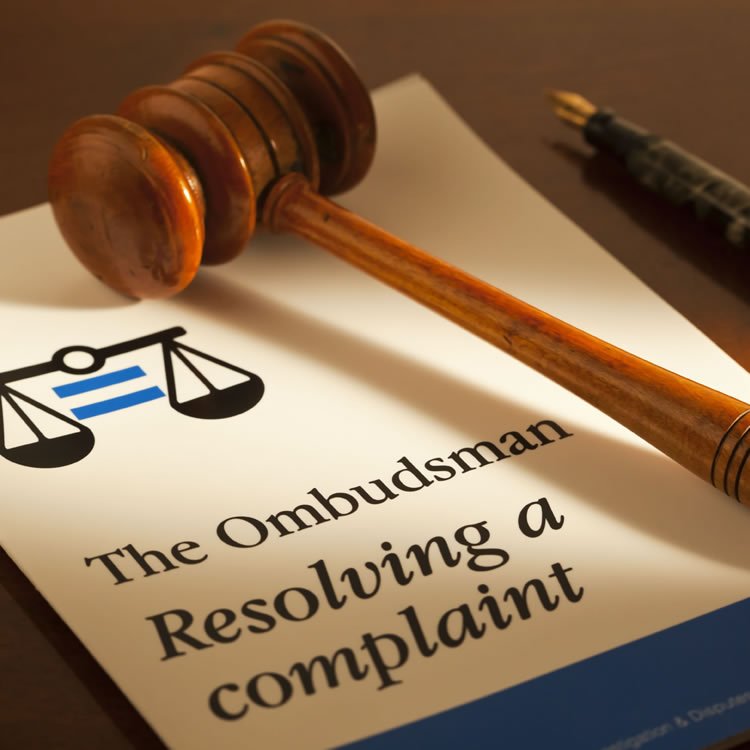How should complaints be investigated?
If there is a complaint in the workplace, such as a grievance or inappropriate behaviour, the employer should try to understand the facts of the matter by way of an investigation. Knowing how to investigate a complaint will help to resolve an incident quickly and correctly, displaying respect to the complainant as well as avoiding legal issues. Employers who fail to investigate a complaint effectively may not treat those involved fairly, which could see the matter ending in a tribunal, not to mention the potential reputational damage caused.
When considering how to investigate a complaint there are some important steps to follow:
- Should there be an investigation? Consider whether there is a case to answer, or whether the matter can be resolved informally before committing to an investigation.
- Who should conduct the investigation? This should be someone not directly involved with the issue such as a senior manager or member of HR. They should have received investigation training to ensure they have the support they need, as well as ensuring the complaint is investigated adequately. Depending on the severity, size of the investigation, and whether impartiality is a factor, it may be necessary to work with an independent workplace investigator.
- Make a plan. This will make the process more efficient and increase the likelihood of reaching a conclusion. Confirm what needs to be investigated, who will carry out the investigation, which evidence should be gathered and how, and whether any workplace guidelines are in place.
- Start the investigation as soon as possible. Resolving incidents quickly means everyone involved can move forward, and any organisational changes required can be implemented before there is a repeat occurrence. It can also help when gathering evidence as information is still fresh in the minds of witnesses.
- Gather evidence. Speak to the complainant and witnesses and gather relevant information which allows you to make an informed decision.
- Review and evaluate evidence. Ensure the evidence is appraised completely and objectively so that you can reach a conclusion on whether the allegations of the complaint are substantiated.
- Take action. Notify those involved of the conclusions which have been reached and ensure they understand fully. Employers may have learned lessons from the complaint and therefore need to put changes into effect.
Verita is an experienced independent workplace investigator who provides complaints resolution consultancy to private and public organisations. During the course of our work, we have found organisations have not always been clear on how to investigate a complaint which has led to unacceptable experiences for many of those involved.
We provide a workplace investigations course to ensure those required to investigate a complaint are comprehensibly trained, and are equipped to identify and address the underlying issues of what went wrong and why.
The key learning points from our investigation training course are that investigations need to demonstrate:
- independence
- competence
- authority and credibility
- cultural sensitivity
- objectivity.
How are complaints investigated in Healthcare?
The Parliamentary and Health Service Ombudsman (PHSO) published a review into the quality of complaints investigations where serious or avoidable harm had been alleged. The PHSO reviewed 150 complaints and spoke to 170 NHS complaints managers from across the country.
The PHSO found that:
- the process of investigating is not consistent, reliable or good enough
- staff do not feel adequately supported in their investigatory role
- there are missed opportunities for learning.
The PHSO found that 40% of investigations it reviewed failed to identify failings or causes of failings. In 73% of the investigations, the PHSO found failings where the trust did not.
The review highlights a lack of consistency in investigation methods. The methods appear to be left to the investigator to decide as evidenced by almost a fifth of investigations lacking reference to medical records, interview transcripts or statements.
Ultimately, this often leads to families being left with an unacceptable experience. The PHSO found that in 41% of cases the trusts did not provide complainants with an adequate explanation of what happened and why.
To improve we need to learn and address system failures. Knowing how to investigate a complaint well can help families, improve patient care and improve staff experiences.
The key learning points from our systematic incident investigation training are that investigations need to demonstrate:
- independence
- competence
- authority and credibility
- cultural sensitivity
- objectivity.
We are also helping trusts ensure that lessons are being learnt across the organisation via our learning lessons diagnostic tool.
If you would like to learn more about how to investigate a complaint then please book a free consultation or contact our Ed Marsden on 020 7494 5670 or [email protected].





